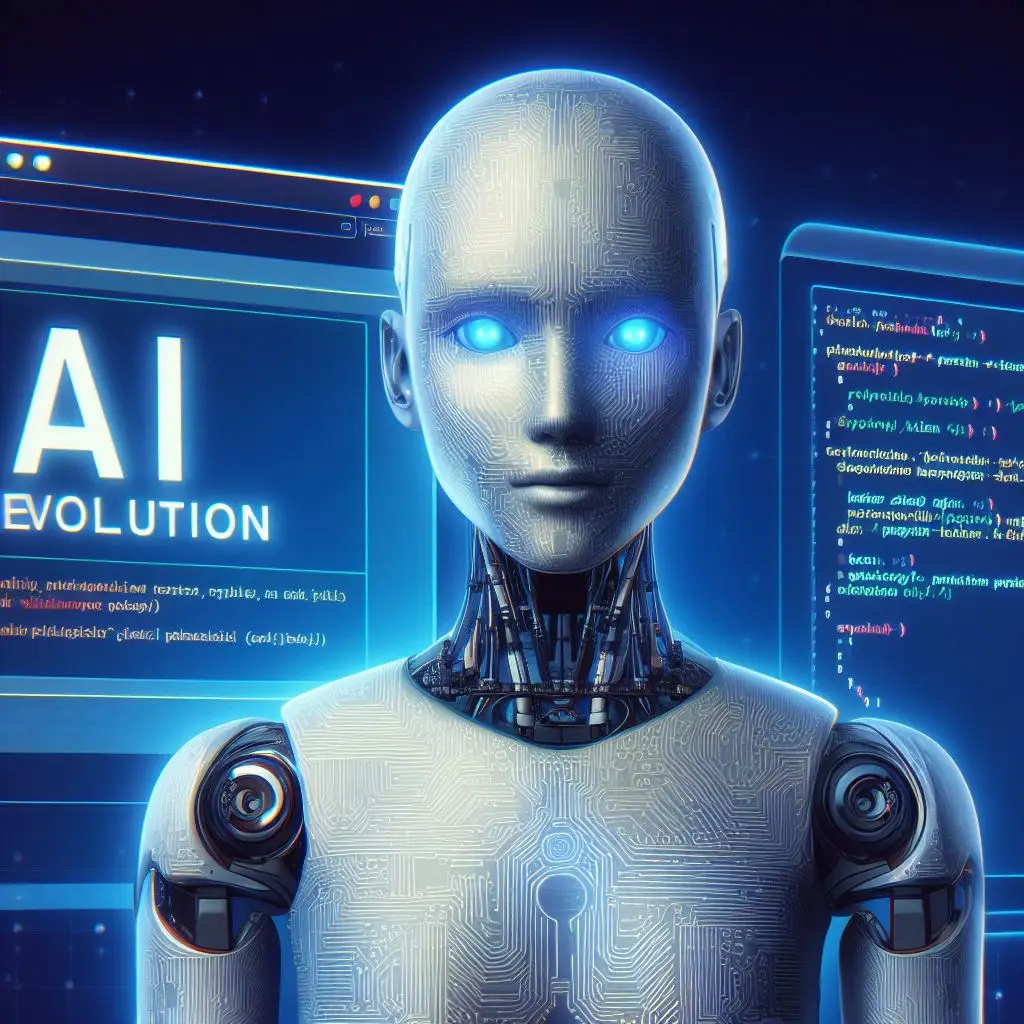In the rapidly evolving world of artificial intelligence, two giants are once again at the forefront: Google and OpenAI. Google, through its parent company Alphabet Inc., is reportedly developing AI software that mimics the human ability to reason. This new frontier could revolutionize fields such as computer programming, mathematics, and more. With companies like OpenAI already making strides in multistep problem-solving, the rivalry between these tech powerhouses is intensifying.
The Growing Competition in AI Development
In recent years, artificial intelligence (AI) has become one of the most competitive sectors in the tech industry. Companies like Google and OpenAI are not only pushing the boundaries of what AI can do, but they are also racing to dominate this space. While OpenAI’s GPT models, including GPT-4, have garnered attention for their natural language processing capabilities, Google's new AI project seems to focus on reasoning—an ability previously reserved for human cognition.
According to sources familiar with the matter, Google has made significant progress on its AI reasoning software in recent months. This advancement will enable their software to solve complex, multistep problems in areas like math and computer programming—fields traditionally reliant on human intellect. Given the secrecy surrounding the project, it remains unclear exactly when Google will unveil this new technology to the public.
What is AI Reasoning Software?
AI reasoning refers to the ability of machines to use logic, make decisions, and solve problems similarly to how humans do. While modern AI models like OpenAI’s ChatGPT and Google’s Bard are excellent at understanding and generating text, reasoning in AI involves a deeper understanding of cause and effect, critical thinking, and the ability to break down complex problems into simpler steps.
Google’s focus on AI reasoning suggests it aims to build machines that can tackle more sophisticated tasks that require logical problem-solving. This development could have far-reaching implications in areas such as:
Mathematics: Solving intricate equations and multistep problems.
Computer Programming: Debugging code, generating algorithms, and automating more advanced programming tasks.
Scientific Research: Assisting researchers in developing models for complex systems like climate change or molecular biology.
Google’s AI Efforts vs. OpenAI
The competition between Google and OpenAI has grown more intense in recent years, especially as OpenAI has gained traction with its GPT models. GPT-4, for instance, is widely used for various applications, from content generation to coding assistance.
Google’s new AI reasoning software could challenge OpenAI’s dominance by offering more specialized tools for problem-solving. While OpenAI has focused heavily on language models, Google appears to be taking a broader approach, looking at how AI can assist in more logical, reasoning-based tasks. This could make Google a significant player in areas where OpenAI's models currently lack sophistication, such as complex algorithm generation or high-level mathematical computation.
For those interested in learning more about OpenAI’s advancements, you can read about their current research and AI models on their official website.
The Importance of AI in Programming
One of the most promising applications for this AI reasoning software is in the field of computer programming. AI has already begun to transform the way software is built and maintained. Tools like GitHub Copilot, which integrates with OpenAI’s models, have made it easier for programmers to write code faster and with fewer errors.
Google’s AI reasoning software could take this a step further by assisting with more advanced programming tasks. Imagine an AI that can not only suggest lines of code but also understand the context, reason through potential bugs, and even optimize the performance of an application. Such advancements could drastically reduce the time developers spend troubleshooting and testing code.
For more information into, how AI is revolutionizing programming, check out this insightful article from MIT Technology Review on AI and the future of programming.
Potential Impact on Industries
The potential impact of AI reasoning software is not limited to tech companies and software developers. This technology could have profound effects on industries such as:
Finance: Automating the analysis of complex financial models, improving algorithmic trading, and reducing risks.
Healthcare: Assisting in diagnostic procedures, medical research, and the development of personalized treatment plans.
Education: Providing advanced tutoring systems capable of teaching math and science at a deeper level by understanding the reasoning behind student mistakes.
Google’s AI innovations have the potential to enhance productivity across sectors, making complex problem-solving more accessible to a broader range of professionals.
Conclusion: The Future of AI
The AI arms race between Google and OpenAI is set to reshape the future of technology. Google’s new AI reasoning software signals a shift in the focus of AI development, moving from simple data processing and content generation to sophisticated reasoning and problem-solving.
As these tech giants continue to push the boundaries of what artificial intelligence can achieve, the implications for industries, developers, and the general public are immense. Whether Google’s new AI tools can surpass OpenAI’s models remains to be seen, but one thing is certain: the future of AI will be defined by advancements in reasoning and problem-solving.
For further reading on AI and its impact on the tech industry, check out Wired’s comprehensive guide on AI development.
By keeping an eye on developments from both Google and OpenAI, we can expect exciting innovations that will continue to shape the future of artificial intelligence.









Add a Comment: